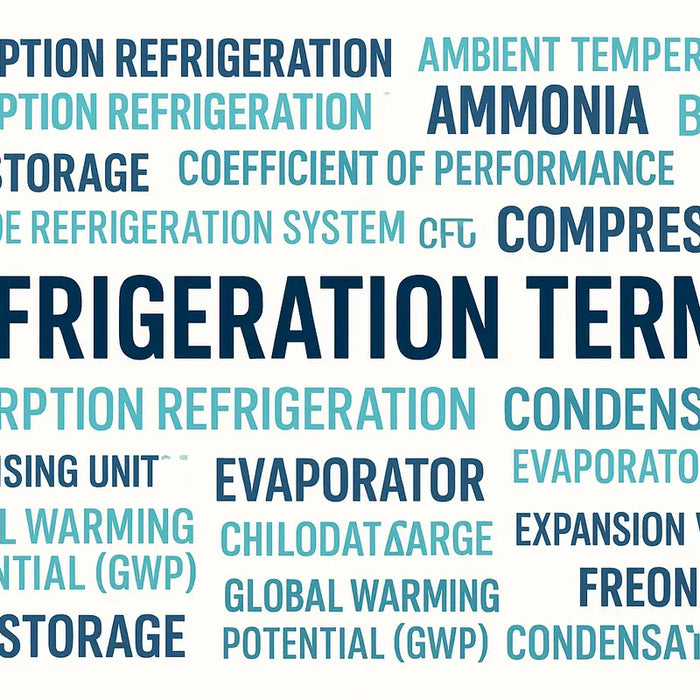Frequently Asked Questions (FAQs) about Screw Compressors
What is a screw compressor?
A screw compressor is a type of gas compressor that uses two rotating helical screws to compress the refrigerant. It's known for its smooth, continuous compression process and is widely used in industrial refrigeration systems.
How do screw compressors compare to reciprocating compressors?
Screw compressors generally offer higher efficiency, smoother operation, and better performance at higher capacities compared to reciprocating compressors. They also tend to have fewer moving parts, resulting in lower maintenance requirements.
What are the main advantages of using screw compressors?
Key advantages include high efficiency, ability to handle large cooling loads, smooth operation with low vibration, long service life, and the capability to operate under varying load conditions.
How often should screw compressors be serviced?
Regular maintenance should be performed according to the manufacturer's recommendations, typically every 2,000 to 4,000 operating hours. However, this can vary based on usage and operating conditions.
What are common issues with screw compressors?
Common issues include oil leaks, bearing wear, rotor damage, and control system malfunctions. Regular inspections and timely replacement of worn components can prevent most of these problems.
What is the difference between a screw compressor and a reciprocating compressor?
Screw compressors are typically used for larger systems that require continuous operation, while reciprocating compressors are more suitable for smaller systems or applications with varying cooling loads.

















